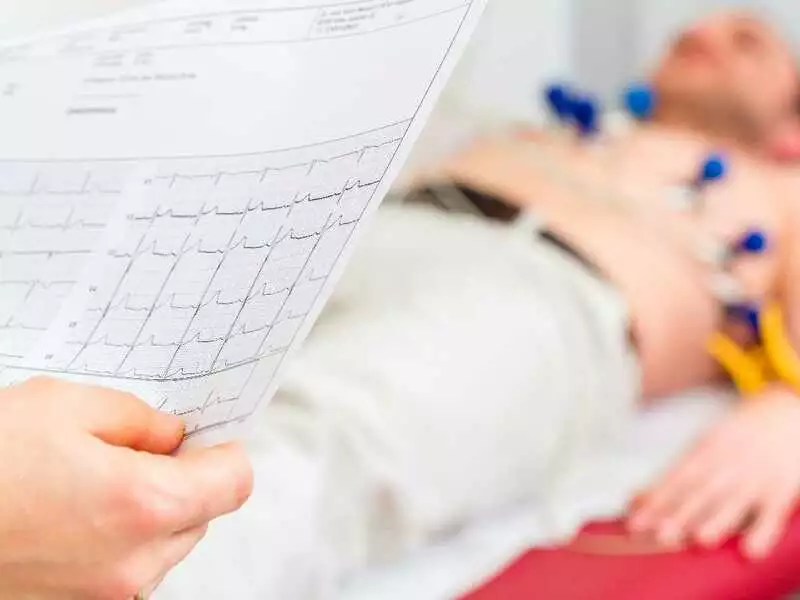Tuberous sclerosis belongs to a group of diseases with a genetic basis, the first cardiac symptoms of which can already be observed during foetal life. The rhabdomyoma tumours present in the heart are the most characteristic, providing the basis for an in-depth diagnostic process. At present, the most authoritative diagnostic test for diagnosis is DNA testing.
Diagnostic tests
When multiple tumours are found in the heart, the likelihood of diagnosing SG is very high. Similarly, a significant probability of diagnosing SG arises in the situation of single tumours. To confirm the diagnostic suspicion, it is advisable to perform an MRI examination, i.e. an examination using magnetic resonance imaging. This examination requires no preparation for either the mother or the foetus and, moreover, it is a safe examination based on magnetic induction, so there is no risk of radiation exposure as with X-ray.
The diagnostic procedure, according to cardiac recommendations, should include ECHO of the fetal heart to detect conditions at risk of heart failure, as well as ECG to detect possible conduction abnormalities in the heart.

photo: pantherstock
Other cardiac conditions in SG
In addition to the heart tumours present and the abnormalities in the heart rhythm, other cardiac conditions that occur somewhat less frequently are seen in people with SG. These include coarctation of the aorta, aneurysm of either the thoracic or abdominal aorta, rhabdomyositis, a rare form of cardiomyopathy, and hypertension.
Forms of treatment
Heart failure due to SG affects approximately 3 - 5 % of children, hence one form of symptomatic treatment is pharmacotherapy. Once the appropriate medication has been selected, the patient should be monitored on an ongoing basis to determine whether the treatment used is having a positive effect in terms of shrinking and disappearance of the tumours. If the form of the disease is refractory to treatment and the pharmacological measures used have no effect, it is necessary to undertake cardiac surgery to remove the tumours from the heart. Nevertheless, heart failure that is refractory to treatment is in itself a major surgical risk.[1]









